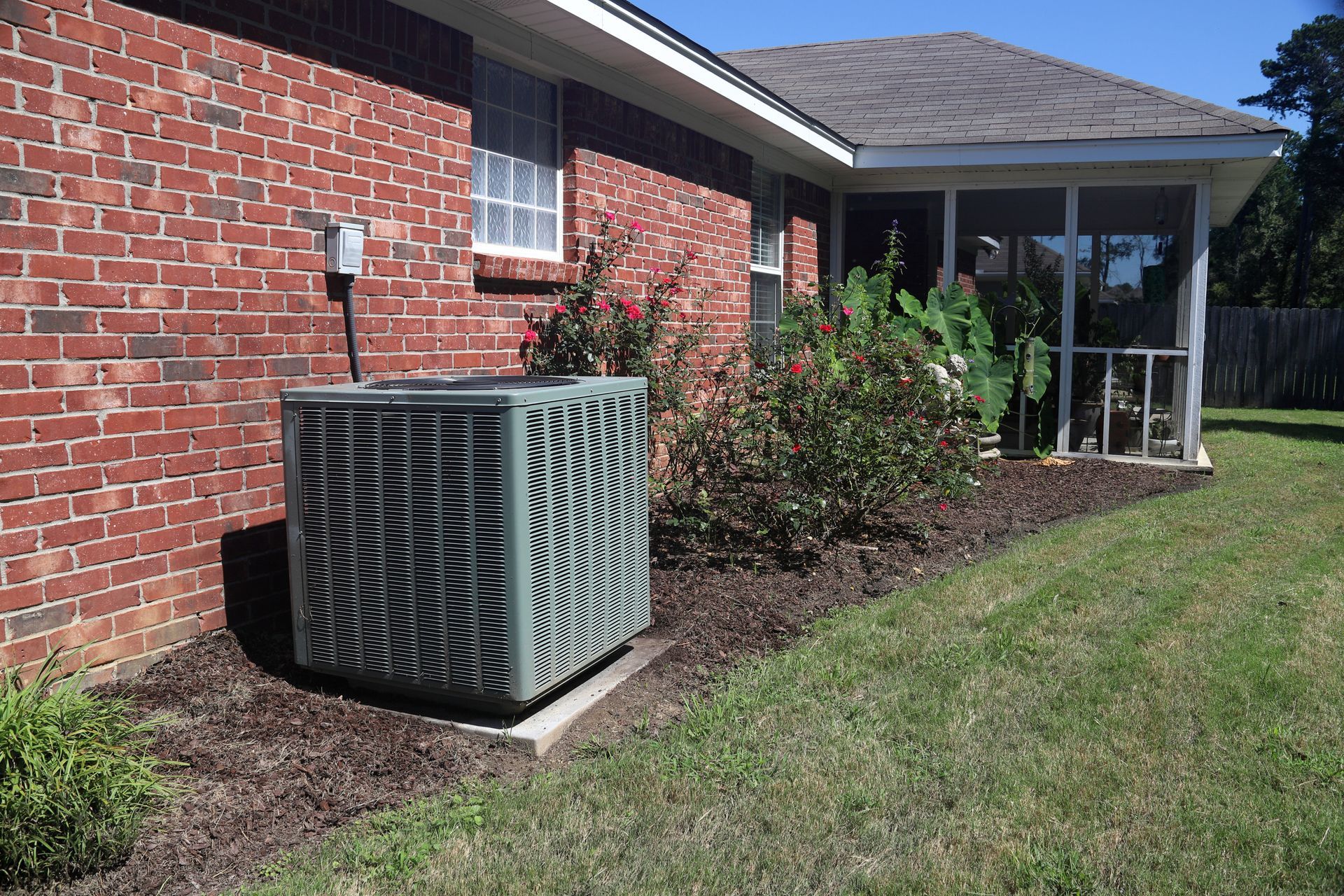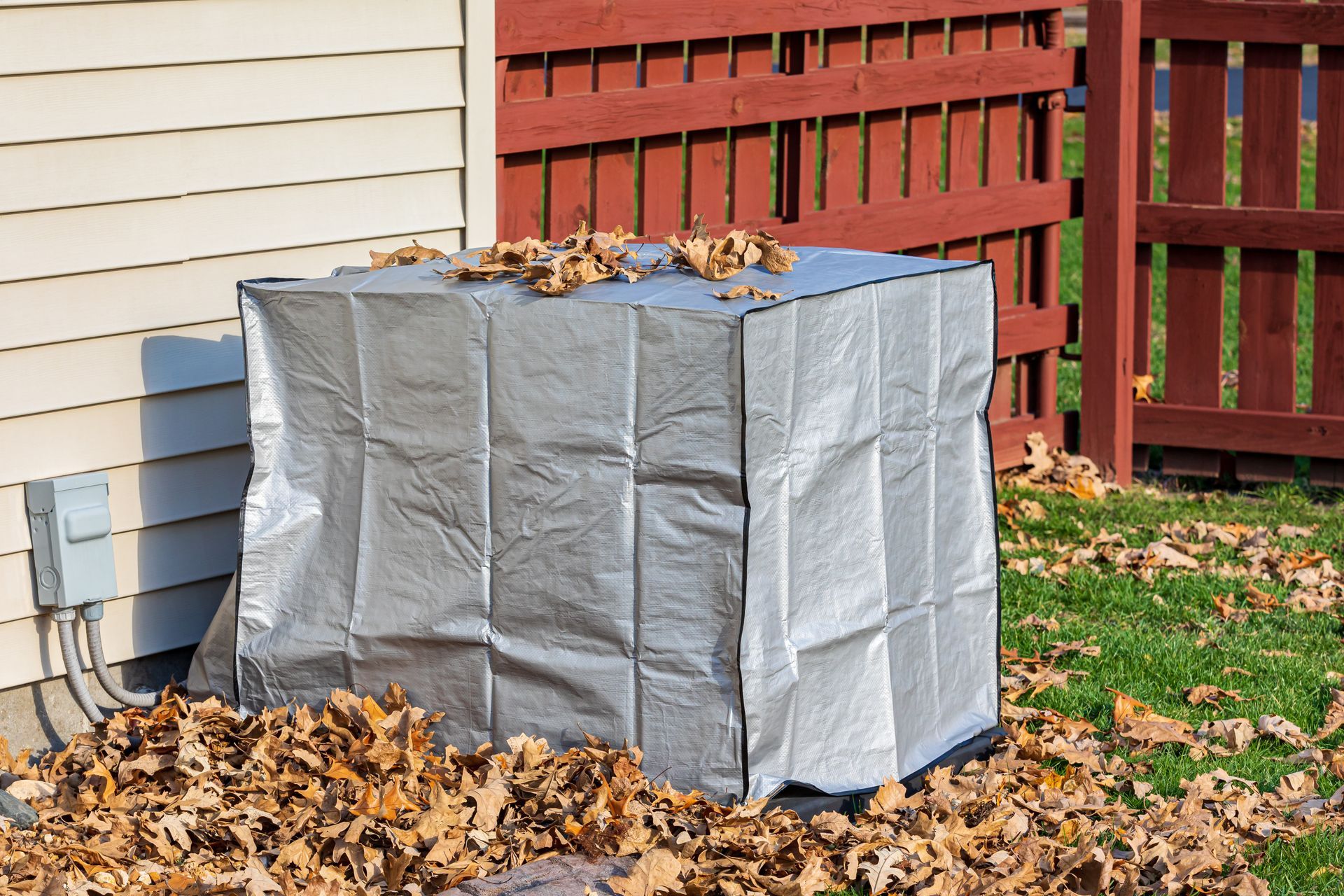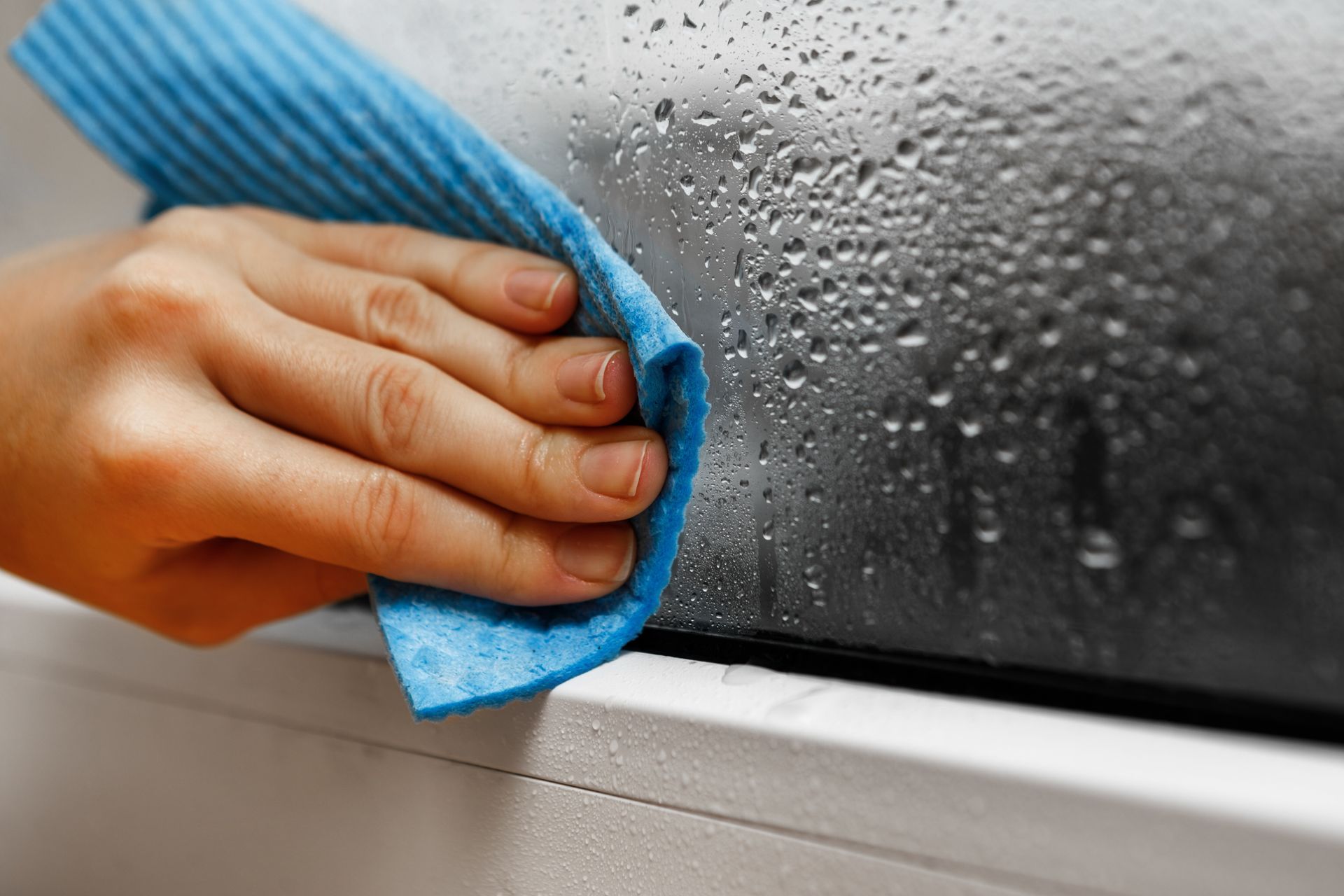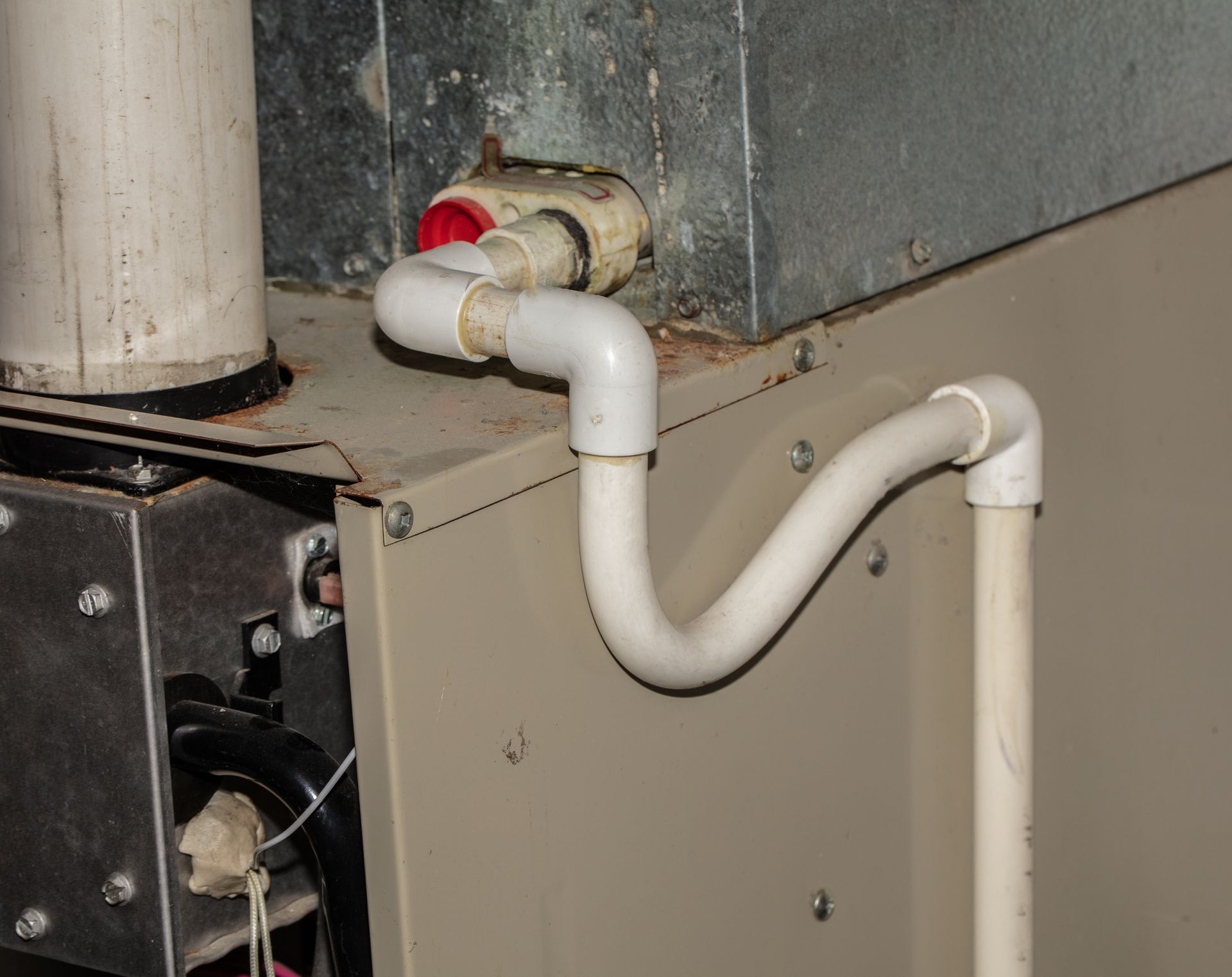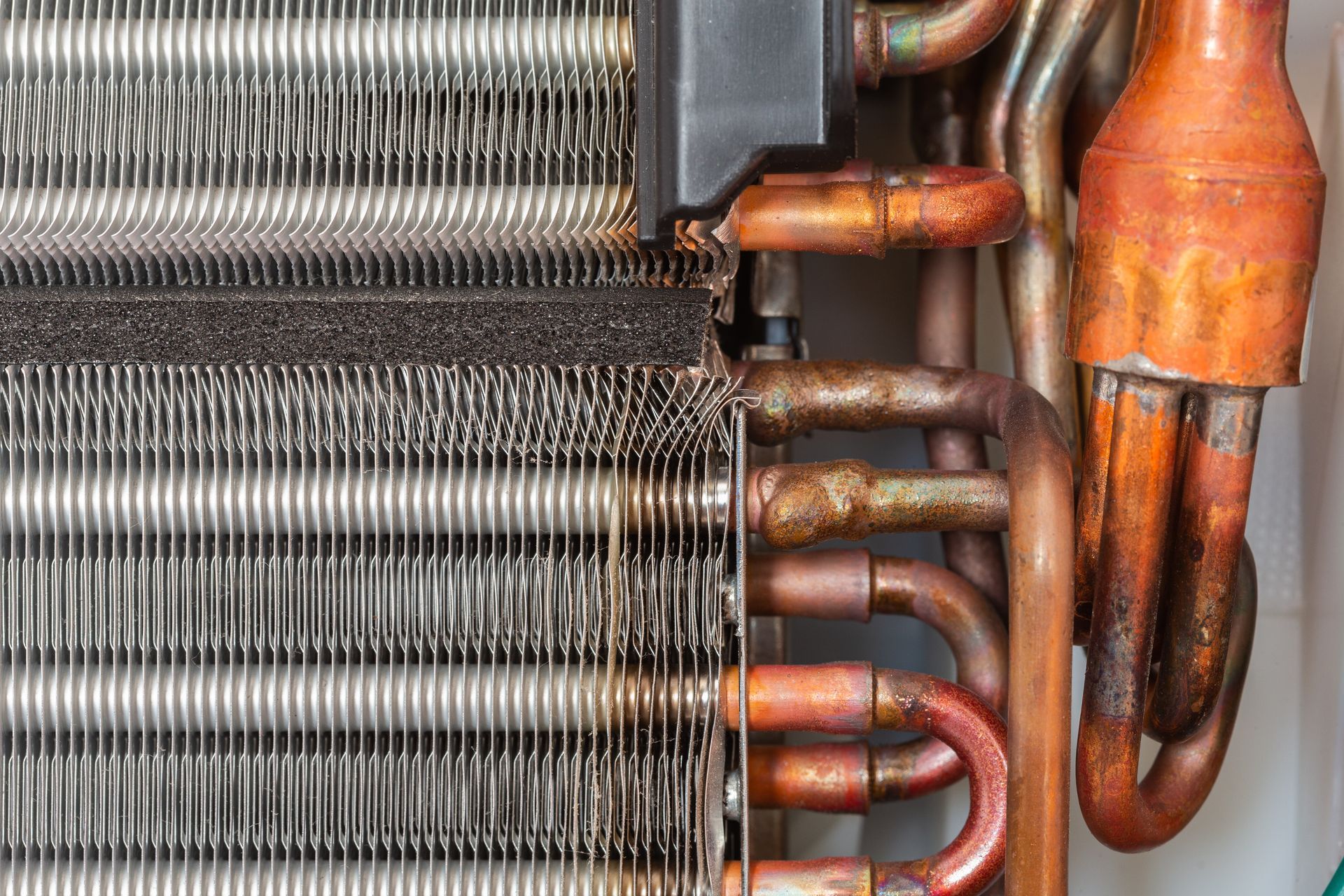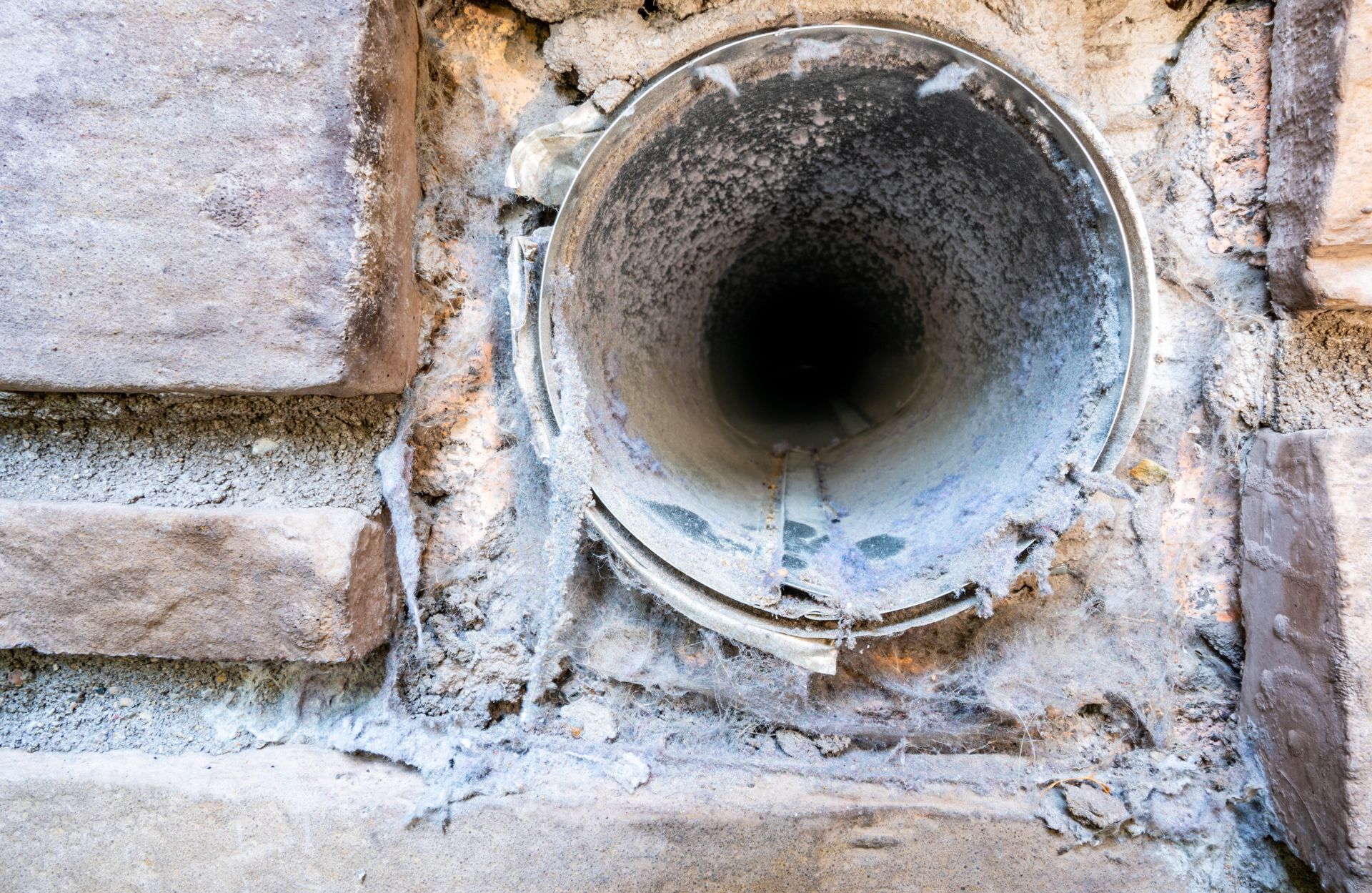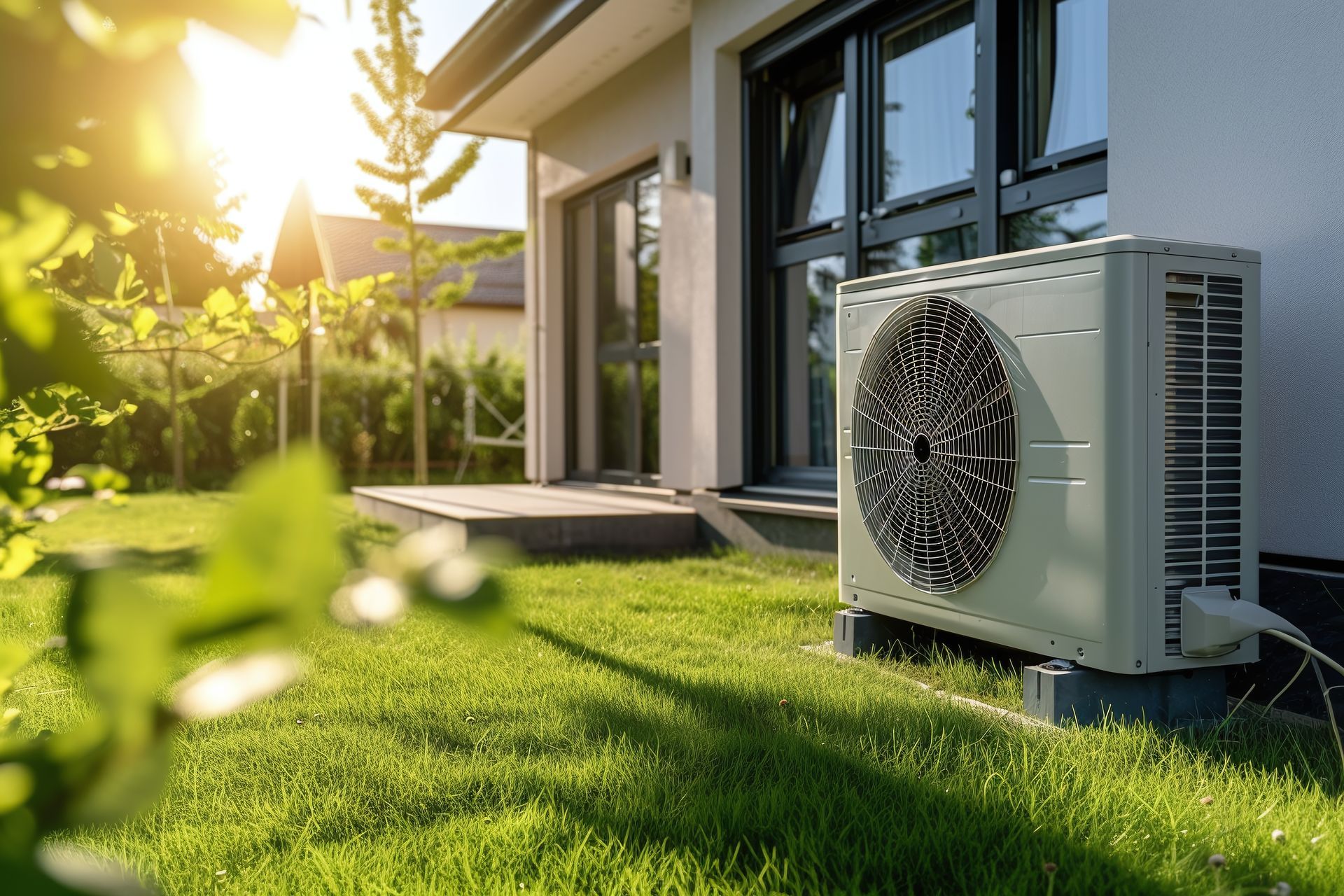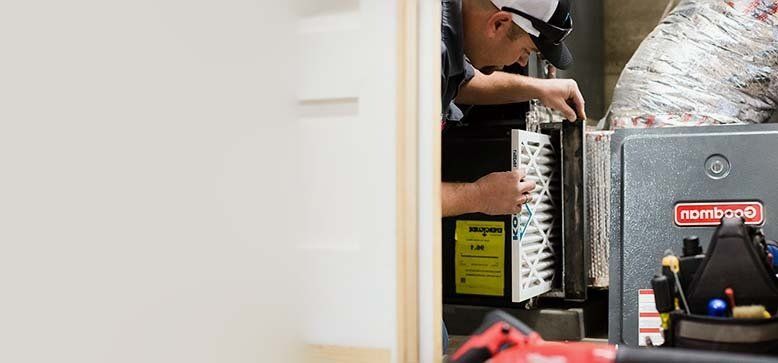How Long Do Air Conditioners Last?
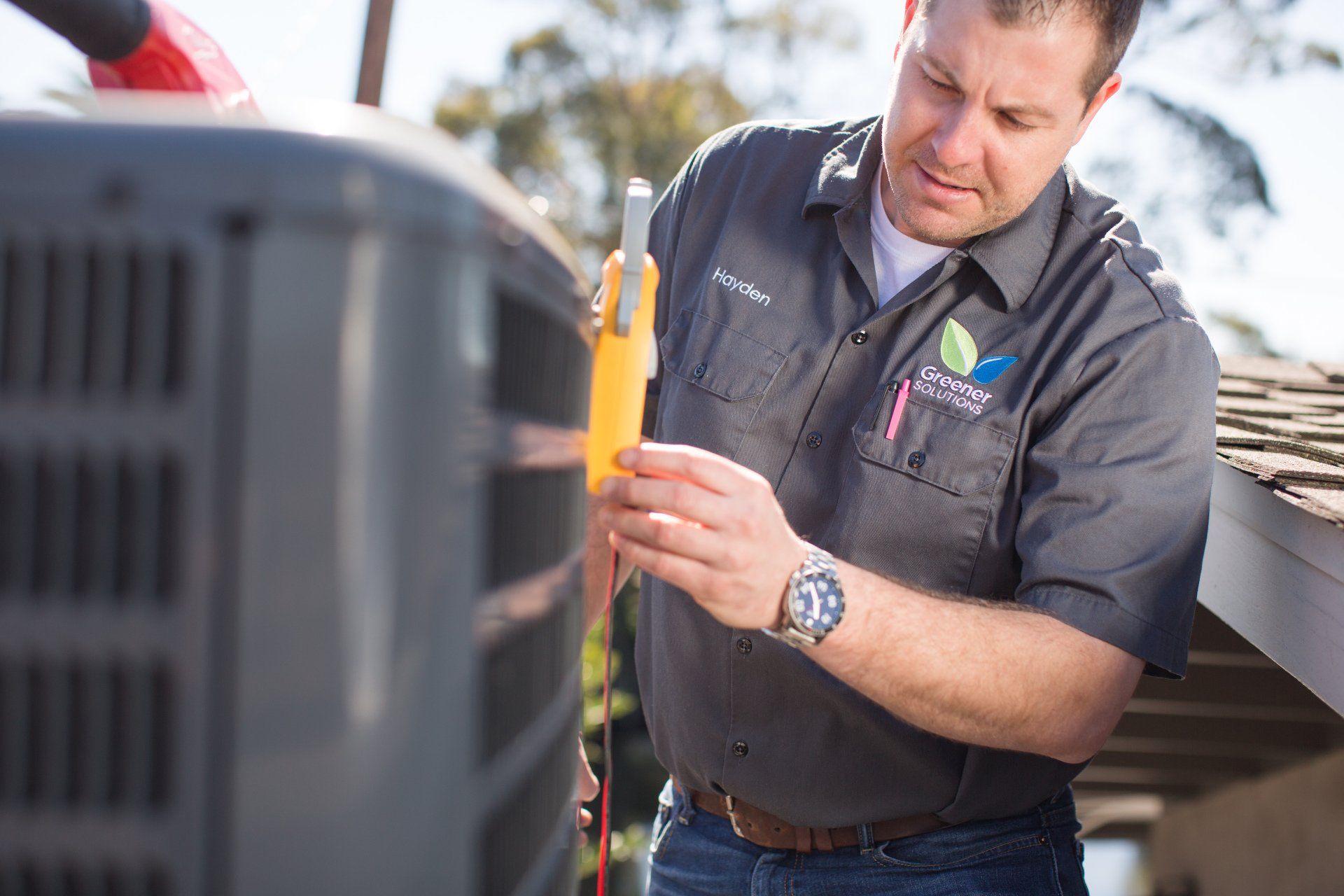
Ideally the AC unit that you have invested in would last for its entire expected lifespan of 15 - 30 years. The reality is often much different due to different factors that are sometimes outside of a homeowner’s control. Like any appliance with mechanical parts, there is constant wear and tear occurring which can cause the machine to break down at any time. Luckily there are several things that homeowners can do to extend the life of their air conditioner. It is important to conduct ongoing maintenance to ensure the longevity of such a complex and frequently used piece of machinery.
Average Air Conditioner Life Expectancy
If an air conditioner comes from a brand known for producing a well-made AC unit and is properly maintained, it can typically last between 12 – 25 years. Some AC units have made it all the way to 30 years old, but this is often under optimal conditions with regular maintenance and check-ups. Without the proper care, an AC unit can fail much sooner as the mechanical components degrade over time causing problems to develop.
Factors That Impact the Lifespan of Your AC Unit
The useful lifespan of an AC unit refers to its ability to provide cool air while maintaining a clean indoor air quality. An air conditioner’s useful lifespan is largely dependent on several factors. Like any other machine, HVAC systems need to be well maintained through regular checks and tune ups to operate properly.
Size of AC Unit
This is an often-overlooked factor when determining how long an AC unit will last. It is recommended that the size of your AC unit matches the space it is trying to cool because being improperly sized has a detrimental effect on the lifespan of your AC unit. If the unit you have is too big, it will cool a space quickly which will result in the unit turning off once the ambient temperature reaches the set temperature on the thermostat. This will happen several times a day and is called short cycling. This constant turning on and off increases the wear and tear on critical components of the AC which shortens the lifespan of the unit overall. On the flip side to that, installing a unit that is too small won’t cool a home fast enough which will result in an AC unit working too long or too hard to achieve the desired temperature. If the AC unit constantly runs, it will reach the end of its lifespan much quicker as components break down and fail. Getting the right size AC unit is incredibly important to maximizing an AC unit’s lifespan.
How Often It’s in Use
Much like if the AC unit is too small and has to run more than usual, the same problems will develop if the AC unit is run too much in general. This could be caused by temperatures being set too low that the ambient temperature never matches what is set on the thermostat, or by being left on when no one is home or at night when it is not needed. Both instances will cause the unit to be overworked which will result in more wear and tear over time. By turning off an air conditioner when it is not needed or by setting the thermostat at a reasonable temperature, you can help reduce the overall wear and tear on the machine. Other steps that can be taken to help reduce the overall usage would be to close blinds to keep the heat out or to use ceiling fans, dehumidifiers, and smart thermostats to minimize the overall usage of the AC unit.
Maintenance
You wouldn’t drive your car for 15 years without an oil change because the motor would fail. The same logic should apply to your AC unit. It is important that you have your AC unit inspected and tuned up regularly because something that could start off as a small problem can cause other components to degrade quickly and fail. This delayed maintenance can turn an easy fix into a problem that could require a major repair or even replacement. Things like dirty air filters, dirty condensers, or clogged drain pans can result in problems being bigger than they need to be. Getting your air conditioner inspected for issues before they become problems is the best way to ensure the longevity of your AC unit. This will help keep your unit clean and operating at optimal conditions which will prevent it from working harder than it needs to.
Exposure to the Elements
HVAC systems always have an external component that help release the heat collected from inside. This element is exposed to weather all year long and if the air quality around your home is poor or the climate nearby is not ideal, then your AC unit will experience much more wear and tear. For example, coastal homes will have salty sea air which will corrode metal components causing rust. This can cause system leaks which result in refrigerants escaping from your air conditioner. Climates with high winds can also lead to dirt and debris buildup on important components which can also cause your system to work harder than it needs to. Climates with high humidity or lots of rain can result in moisture build up in elements which can cause mold and mildew to grow. Each of these problems are the result of the environment in which the AC unit is exposed to, which result in a reduced lifespan for your air conditioner.
How to Prolong Your AC Units Lifespan
Ensuring that your AC unit is operating at peak performance now and in the future requires regular comprehensive maintenance. This requires that an HVAC professional inspect all key components within your AC unit to ensure that they are clean and operating properly. A qualified professional will look at each individual element, like the compressor, condenser, motor, blower, evaporator, and even the ducting to ensure that no parts are failing and that optimal efficiencies are being reached. This is important to prevent your AC unit from overworking and ensure that a small problem doesn’t cause a domino effect that causes larger more expensive components to fail.
Should You Repair or Replace Your AC Unit?
Determining how to move forward when your AC unit starts to have problems is important. If you are dealing with a minor problem that requires an easy replacement that will result in optimal working conditions, a repair is likely the best solution. On the other hand, ongoing maintenance issues or expensive repairs could mean that it is time to get a replacement AC unit. It is recommended that if the costs of repairs cost more than 50% of the original price of the unit, it is time to upgrade. Getting a replacement for an older and less energy efficient AC unit can save you money in the long run considering the rising cost of energy.
Signs You May Need to Replace Your Unit
There are several indicators that your AC unit is near the end of its lifespan. Any one of several common AC problems could lead to your AC losing efficiency and costing you more in the long run. Even working at its best, older units are less efficient at temperature and humidity control than AC units being produced today. It is recommended that any unit over 10 years old is inspected to see if the AC is working as expected. If not, it may be time for a replacement. An older unit may also use freon as a refrigerant which is being phased out due to environmental concerns. If that is the case, it will become difficult to find suppliers who can top off refrigerant levels when they get low. Another sign that a replacement is the better option is if there have already been components that have needed multiple repairs or replacements.
When To Hire an HVAC Professional
It is important to always have a licensed and trained HVAC technician lined up to help with regular maintenance and check-ups. This will help prevent AC problems from emerging which will help ensure the longevity of your AC unit. If you have not had your AC unit services recently, it is time to call Greener Solutions Home Services to enlist the help of professionals. Our team has years of experience inspecting and identifying AC problems and can help diagnose any issues you may be dealing with. If there is no viable solution to any problems you may be experiencing, then we can also help find a replacement and install your new AC unit.


